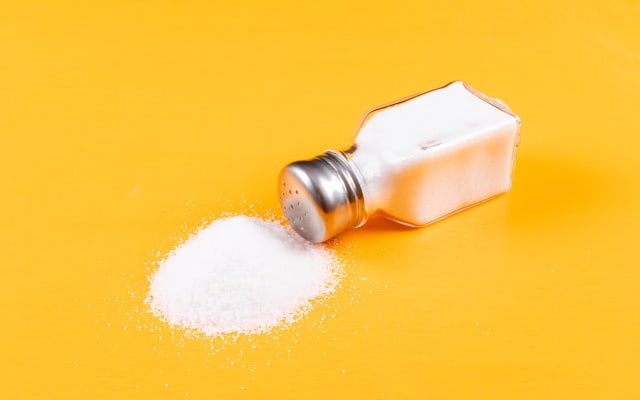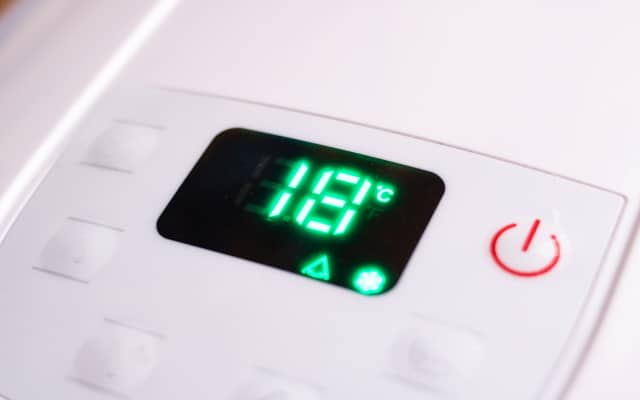Do you feel like you’re constantly fighting a losing battle with your weight? Are you struggling to lose those last few pounds, no matter what you do? If so, then you may have a slow metabolism. Metabolism is the rate at which your body burns calories and converts them into energy. When your metabolism is slow, it means that your body is not burning as many calories as it could be. This can make it difficult to lose weight and cause you to gain more. In this blog post, we will discuss the top 12 things that can slow down your metabolism and make it difficult to lose weight.
There are a number of things that can slow down your metabolism, including:
1Genetics:

If you have a family history of obesity or weight gain, then you may be more likely to have a slow metabolism. you might get this from your parents or grandparents. If you have a slow metabolism, it may be more difficult to lose weight, However, you may modify some of your bad habits by eating a nutritious diet and getting lots of exercise.
2Age:

As you age, your metabolism naturally slows down. This is because your body becomes less efficient at burning calories as you get older. If you are over the age of 40, you may want to consider working with a personal trainer or nutritionist to help you boost your metabolism.
3Medications:

Some medications can cause your metabolism to slow down. These include some antidepressants, antipsychotics, and beta blockers. If you are taking any of these medications, talk to your doctor about the possibility of switching to a different medication.
4Poor diet and Strict Diet:

A diet that is high in processed foods, sugars, and fats can slow down your metabolism. Eating a lot of these types of foods can lead to weight gain and make it difficult to lose weight. Also, when you maintain a strict diet, losing weight becomes more difficult because your metabolism starts to slow down. Instead, focus on eating a healthy diet that includes plenty of fruits, vegetables, whole grains, and lean protein.
5Lack of exercise:

If you are not getting enough exercise, your metabolism will slow down. Exercise helps to increase your metabolism by burning calories and helping your body to become more efficient at burning fat. Aim for at least 30 minutes of moderate to vigorous activity every day, most days of the week.
6Stress:

When you are stressed, your body releases the hormone cortisol. Cortisol can lead to weight gain and slow down your metabolism. Yoga, meditation, and deep breathing exercises are all good methods to reduce tension and stress.
7Hormones:

Hormones can also cause your metabolism to slow down. Diabetes, for example, is a hormonal condition that causes the metabolism to slow down. If you’re having trouble losing weight, talk to your doctor about testing your hormone levels.
8Sleep deprivation:

Not getting enough sleep can also slow down your metabolism. When you are sleep deprived, your body does not have time to repair itself and Metabolism. Be sure to get a full night’s rest by sleeping for seven to eight hours.
9Overconsumption Of Salt:

If you consume too much salt, it can cause water retention and make you feel bloated. This can lead to weight gain and a slow metabolism. To avoid this, try to limit your intake of processed foods and eat more fresh fruits and vegetables.
10You Drink Decaf:

If you drink decaf coffee or tea, you may be missing out on this benefits. instead, opt for regular coffee or tea.
Caffeine can help to increase your metabolism. many studies have shown that those who consume caffeine have a higher metabolism than those who do not. If you are trying to lose weight, consider drinking coffee or tea with caffeine.
11Not Enough Calcium:

Calcium is important for many functions in the body, including Metabolism. If you do not get enough calcium, it can lead to a slow metabolism. To increase your calcium intake, eat more dairy products or take a supplement.
12Bedroom Temperature is High:

If your bedroom is too warm (74 degrees or higher), it can increase the fat level in your body and disrupt your sleep, making you more likely to wake up during the night. This can lead to fatigue and a slow metabolism. To keep your bedroom cool, try setting the thermostat below 68 degrees before bedtime. This can help you burn more fat during your sleep.
These are just some of the things that can slow down your metabolism. If you feel like your metabolism is slow, have a conversation with your primary care physician. They can perform tests to see how fast your body burns calories and make recommendations for how you can improve your metabolism. By making some lifestyle changes and following these tips, you can help to speed up your metabolism and lose weight.



